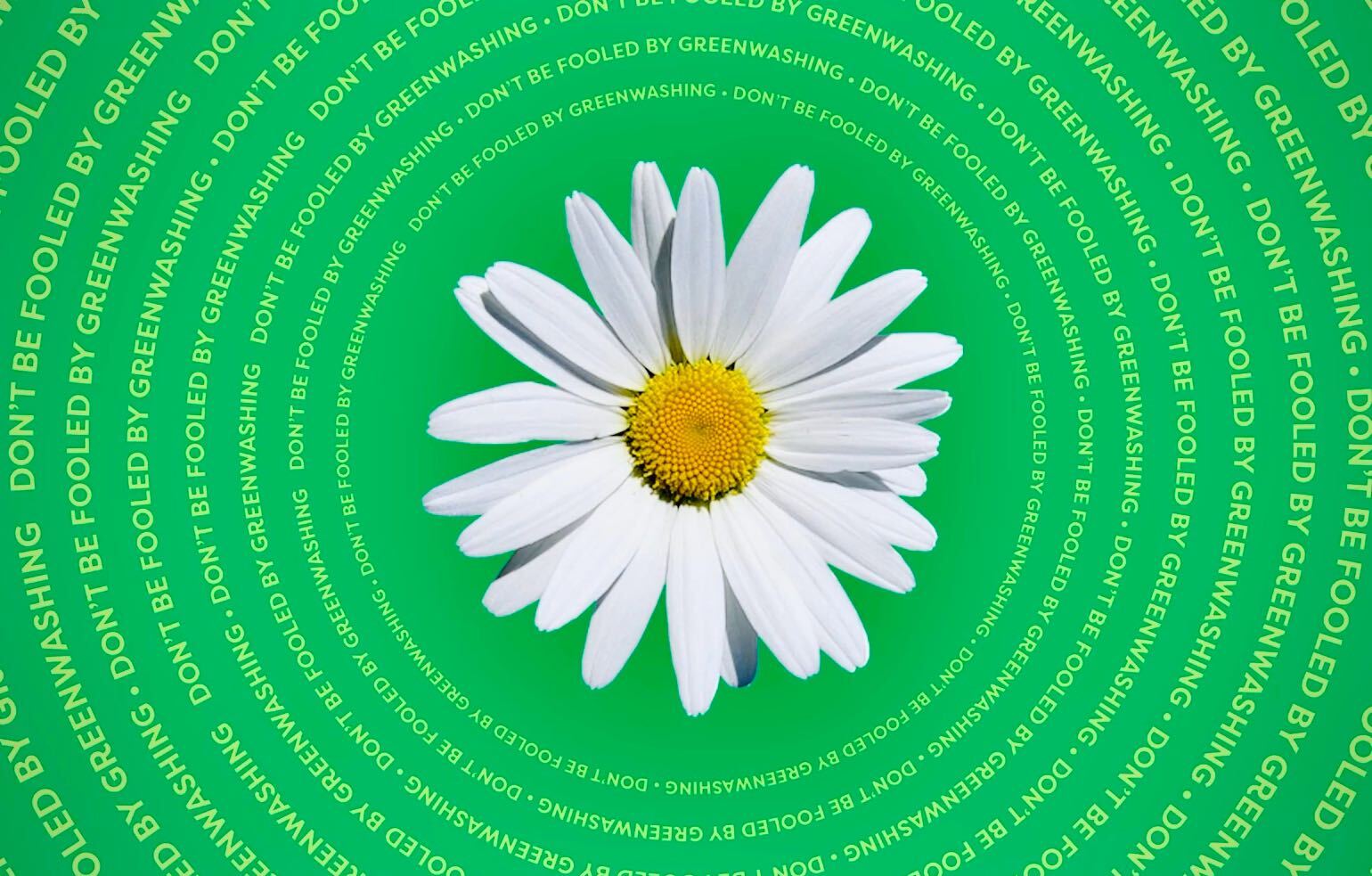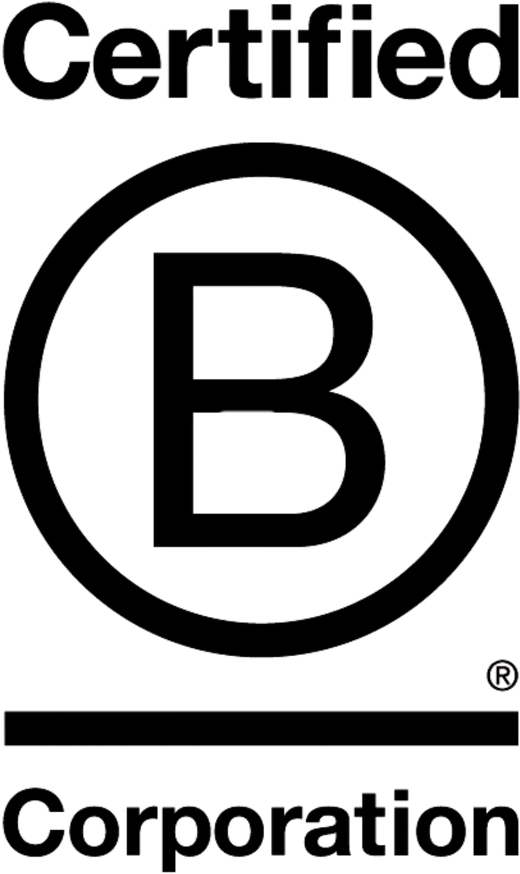

Don't be Fooled by Greenwashing — Here's What to Know
Don’t fall for the hype — do your own research to ensure that you’re buying from legitimate, honestly earth-conscious, brands. Boochcraft stands for honesty & transparency — so it’s always our goal to educate our audience as to the pitfalls of being a consumer in today's world, where deceit is rewarded and the truth is obfuscated. Greenwashing is when brands/products use "natural" cues and empty language to imply that their product is somehow less processed or dangerous. More often than not, they're full of shit (or at least not as “good” as they're telling you they are). In essence, brands profit off of the reality that the earth is in peril and people want to take action. “Greenwashing means that a company puts forward what they deem to be a positive public relations move without actually changing things for the environment. Companies greenwash to pretend they’re addressing an issue, while in reality, they’re just looking to silence environmental critics,” Perry Wheeler, a spokesperson for Greenpeace USA, says. So… who’s buying it? As a consumer, you’re probably getting duped by words and visuals that convey an “eco-friendly” product when, in fact, the truth is probably somewhere closer to… conventional products. But… *innocent face* why would companies lie about something like this? As usual, follow the money— studies show that Millennials and Gen Z in particular are willing to spend more money with brands that they perceive as “sustainable”. Even though Millennials command less relative buying power than their Boomer parents, they’re down to shell out cash for brands they perceive as responsible. A Nielsen global online study found that nearly 75% of Millennials would be willing to pay more for “sustainable” products. We see that trend mirrored in Generation Z, where our youngest group of consumers were similarly willing to pay more for “green” products. “Brands that establish a reputation for environmental stewardship among today’s youngest consumers have an opportunity to not only grow market share but build loyalty among the power-spending Millennials of tomorrow, too,” says Grace Farraj, SVP, Public Development & Sustainability, Nielsen. Now you know why it’s happening… so how can you identify it and call bullshit? Here’s what to look out for: 
 The Ways in Which Thy Green is Washed (Types of Greenwashing) There are a million ways to lie about how “good” your company is, but here are seven very common offenders (from Seven Sins of Greenwashing...credit goes to EcoWatch on this one). Hidden trade-off: Defining something as “green” by a narrow definition that ignores other environmental impacts. Example: Claiming that your company cut its car mileage by 50% in the past year, while not taking into account airplane miles flown. No proof: Claims are not easily confirmed or are not verified by third party certifications. Example: “Our beer is sustainable and green!” without any type of reference stat or certification. ASK FOR RECEIPTS, people. Vagueness: Broad, insubstantial, or convoluted claims. These include statements like new and improved, made with recycled materials, eco-friendly, and non-toxic, with no further specificity. This is similar to “No Proof”, and kind of gets into what we were talking about in our “natural flavors” post before, or check out why "natural juice" isn't actually all that healthy vs. fresh-pressed juice... Irrelevance: Claim may be truthful, but not necessarily groundbreaking or important. If we were to say “all of our aluminum cans are recyclable!” … it’d be like… duh. It’s not our victory to tout and it was no sweat off of our brow. Lesser of two evils: Touting one good sustainability aspect while ignoring a greater environmental harm. “We make all of our pesticides using sustainably-sourced poison!” would be an example of that.
The Ways in Which Thy Green is Washed (Types of Greenwashing) There are a million ways to lie about how “good” your company is, but here are seven very common offenders (from Seven Sins of Greenwashing...credit goes to EcoWatch on this one). Hidden trade-off: Defining something as “green” by a narrow definition that ignores other environmental impacts. Example: Claiming that your company cut its car mileage by 50% in the past year, while not taking into account airplane miles flown. No proof: Claims are not easily confirmed or are not verified by third party certifications. Example: “Our beer is sustainable and green!” without any type of reference stat or certification. ASK FOR RECEIPTS, people. Vagueness: Broad, insubstantial, or convoluted claims. These include statements like new and improved, made with recycled materials, eco-friendly, and non-toxic, with no further specificity. This is similar to “No Proof”, and kind of gets into what we were talking about in our “natural flavors” post before, or check out why "natural juice" isn't actually all that healthy vs. fresh-pressed juice... Irrelevance: Claim may be truthful, but not necessarily groundbreaking or important. If we were to say “all of our aluminum cans are recyclable!” … it’d be like… duh. It’s not our victory to tout and it was no sweat off of our brow. Lesser of two evils: Touting one good sustainability aspect while ignoring a greater environmental harm. “We make all of our pesticides using sustainably-sourced poison!” would be an example of that.
 "We make all of our fast fashion... eco-consciously!"
"We make all of our fast fashion... eco-consciously!"Fibbing: Just plain lying. It happens more often than you could imagine — it’s really hard to verify every claim. When the appearance of sustainability is a money-maker, there are perverse incentives in place for companies to flat-out lie about their green initiatives. Don’t say you compost when you don’t, etc etc. Worshipping false labels: Misleading words and images that imply false third-party support. Example: Labeled as “Organic” when you don’t have a USDA Certification (really, if the product is organic, it’s not hard to get this USDA Certification on your product… trust us). 
 I hope that you’re armed with enough info to go out and question eco-friendly claims from dubious companies. Stay true to your values, hold companies accountable, and remember that your dollars have power! If you have any questions about what Boochcraft is doing to be good stewards of the planet we call home, email us or get more information here.
I hope that you’re armed with enough info to go out and question eco-friendly claims from dubious companies. Stay true to your values, hold companies accountable, and remember that your dollars have power! If you have any questions about what Boochcraft is doing to be good stewards of the planet we call home, email us or get more information here. 



